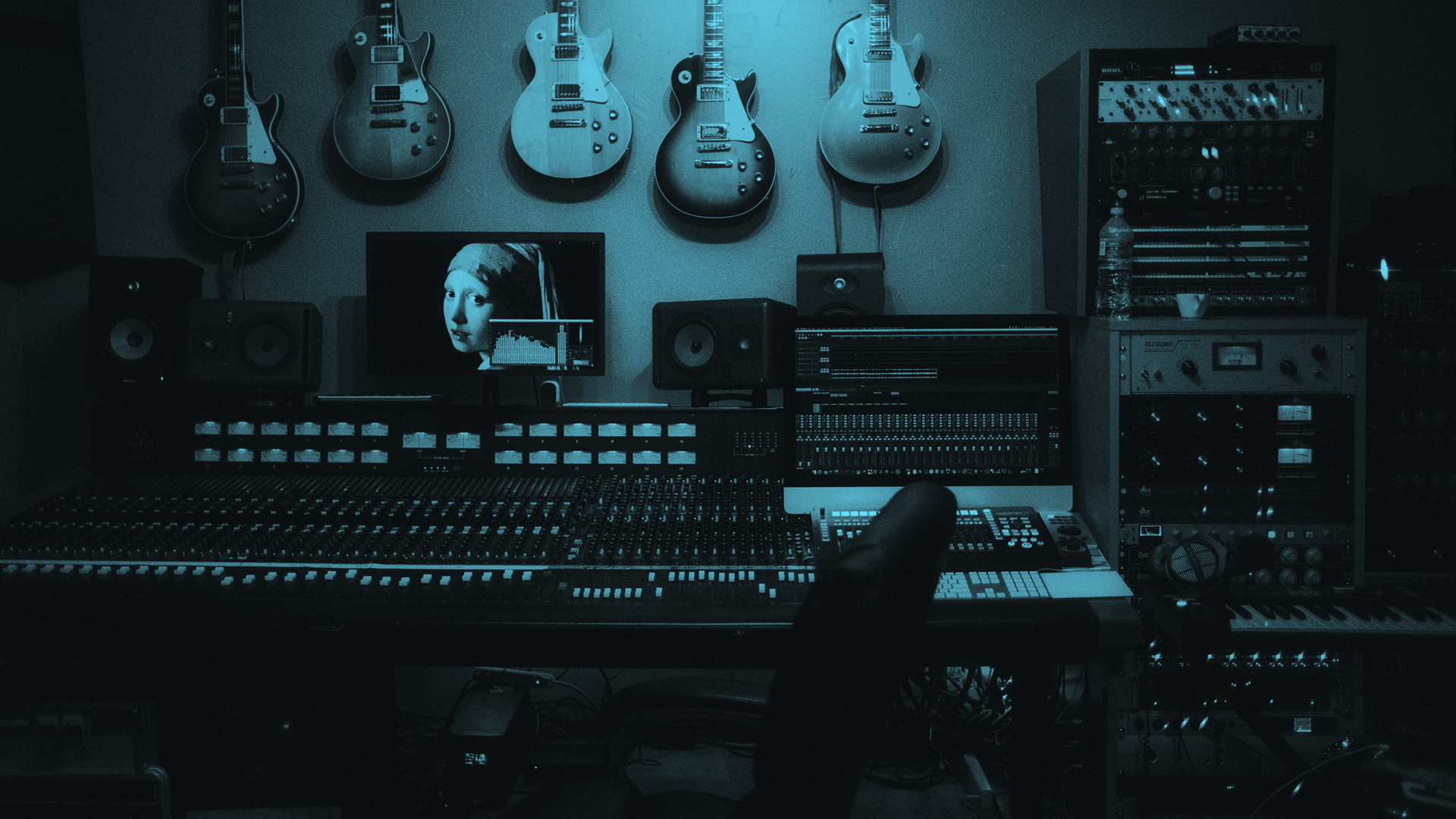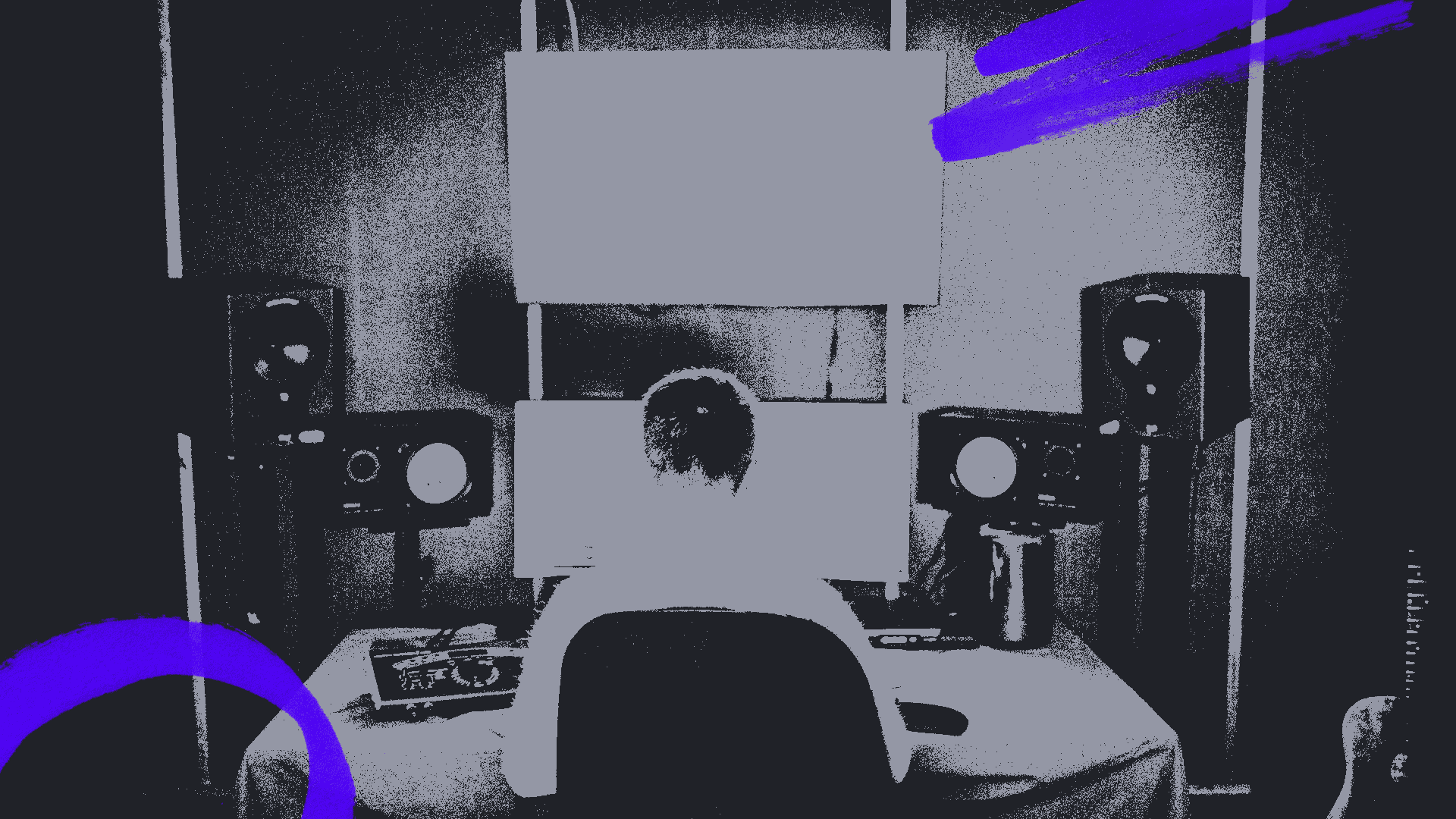Music copyright law can feel complicated, especially in the digital era. But if you’re a DJ, musician, or content creator, understanding the basics is essential. It helps protect your own work and ensures you respect the rights of others.
Why does it matter? Because a healthy ecosystem means that everyone who gets played, gets paid.
Here are the 10 most important music copyright facts every creator needs to know.
Contents
- 0.1 1. Does music copyright law differ by country?
- 0.2 2. What are the two main types of music copyright?
- 0.3 3. Do unpublished works have copyright protection?
- 0.4 4. How long does copyright last?
- 0.5 5. What rights does copyright give the owner?
- 0.6 6. What counts as ‘fair use’ in music?
- 0.7 7. Do live performances require copyright clearance?
- 0.8 8. What music licenses exist?
- 0.9 9. Are remixes protected by copyright?
- 0.10 10. So, why Mixcloud?
- 1 Share this:
1. Does music copyright law differ by country?
Yes. Copyright is territorial, which means the law in your country applies first. However, if your music is streamed or played abroad, other countries’ laws may also apply. The Berne Convention sets global standards, but local laws (like the UK’s Patents Act 1988) remain the key reference point.
2. What are the two main types of music copyright?
There is a separate copyright in the sound recording (aka the master) and the musical composition (aka musical work.) The latter refers to the musical composition and lyrics that form the song.
These elements could be written by one person or multiple co-writers, which is often the case for mainstream music. The master is the fixed recording i.e when you commit the musical composition in a tangible, replicable medium.
3. Do unpublished works have copyright protection?
Yes. In most countries, copyright begins the moment music is created or recorded — it doesn’t need to be published to be protected.
4. How long does copyright last?
This depends on the country. Generally in the USA and UK, for musical compositions, copyright protection extends for 70 years beyond the life of the owner. For sound recordings, copyright protection extends for 70 years from the date of publication (which is usually the date of commercial release).
If a sound recording is unreleased, the duration of copyright can be limited to 50 years from the date of creation. Finally, copyright is a property right that can be transferred or inherited, but laws vary on whether you can rent or lend copyright.
5. What rights does copyright give the owner?
If you are the owner of a piece of music, you have various rights. However, these rights vary subtly based on your territory. In the UK and the USA as the copyright owner, you have the exclusive right to:
- To reproduce the piece.
- To adapt or arrange the piece.
- To publicly perform the piece or communicate it to the public (e.g through a live stream).
- To display, distribute, and/or sell copies of the pieces.
- To license others to do any of the things listed above.

6. What counts as ‘fair use’ in music?
Fair use is a legal framework that allows certain exemptions to use a copyrighted work without requiring permission from the owner. Examples of fair use under USA and UK copyright law are for parody, commentary, or criticism. Think of fair use as the act of using copyrighted material for a limited and ‘transformative’ reason. But these exemptions are typically only allowed for non-commercial use.
One of the biggest urban myths of the internet is that by saying “not my copyright” or “promotional use only” that that somehow counts as fair use and absolves said content of the requirement to obtain permission from the relevant copyright holder.
7. Do live performances require copyright clearance?
Yes. Live and streamed performances are public performances and require licenses. Normally, venues and festivals handle this. Mixcloud is the only licensed platform that allows DJs to live stream copyrighted music online legally.
8. What music licenses exist?
Licenses are essentially permission slips from the copyright owner to use their intellectual property. The license would list all the ways one can use the copyright, often known as a grant of rights.
You’ll need a license to:
- Publicly perform a sound recording.
- Record a cover version of a musical composition.
- To synchronize a composition and/or sound recording to a video and make it available on-demand.
There are systems in place so that licensees don’t need to reach out to individual copyright owners directly. For example, for a DJ to publicly perform a sound recording in a nightclub in London, the venue will have a license with PPL (an organization that licenses the public performance of sound recordings to venues in the UK). To publicly perform a sound recording in a DJ mix on Mixcloud, Mixcloud (just like the nightclub) has those necessary rights so you can play your set worry-free.
Similarly, if you’d like to record a cover version of a song, permission can also be obtained via bodies such as MCPS which represent and license the rights of songwriters.
Now the last point above is an important one to note. For one, it’s the most commonly violated online and is the reason why Mixcloud does not host archived videos of live streams. For more information on this, read our article explaining why we don’t offer VOD’s.
9. Are remixes protected by copyright?
Yes. Remixes are new compositions that can be protected in themselves. But they rely on pre-existing copyrighted material. This is why they fall under the umbrella of derivative works. So technically, any unofficial remix or bootleg of an original work is considered a copyright infringement.
But don’t fret! We recommend using Beatsource’s legally licensed remix library.
10. So, why Mixcloud?
Mixcloud is the most licensed live-streaming platform. It’s designed for music creators and it’s founded on one goal: to create a sustainable ecosystem for all music creators.
We do this by not only having strong licensing deals, but also by arming you with the tools and the knowledge to take charge of your career.
